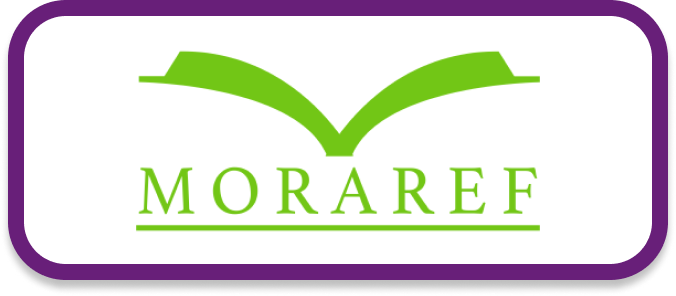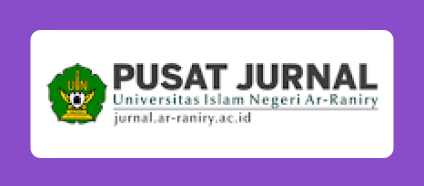STRENGTHENING THE MORAL BELIEFS STUDENTS OF ISLAMIC BASIC EDUCATION IN THE ERA OF DIGITALIZATION
Abstract
It's an era of evolution where people easily access information through digital networks. This digital era makes it easier and faster to search for knowledge, information and communication in education. Apart from having a positive impact, this digital era also has negative impacts; including making human’s individual creatures. Strengthening these moral beliefs makes people more religious and moral in living their lives. Many people have ignored moral beliefs, even though the issue of moral beliefs cannot be taken lightly, because beliefs are the foundation of life for Muslims and morals are the realization of faith itself. This study is an effort to motivate or empower teenagers and optimize their abilities in facing the era of digitalization. This research is to find out how to strengthen the beliefs and morals of Islamic teenagers in the digital era. The research results were obtained from a literature study regarding moral education in the digital era. The research results were obtained by providing various guidance and knowledge about Islamic teachings correctly and guided by the Qur’an and hadith. Moral belief education can also make people who can withstand the test of responding to the current developments in the digital world.
Keywords: Strengthening; Moral beliefs; Era of DigitalizationKeywords
Full Text:
PDFReferences
Ahmad, Rifa’I, R. H. 2020. “Peran Pembelajaran Akidah Akhlak Dalam Pengembangan Nilai-nilai Akhlak Siswa di MIN 13 Hulu Sungai Utara”. Bada’a: Jurnal Ilmiah Pendidikan Dasar, Vol 1 No. 2.
Alfinnas, S. 2018. “Arah Baru Pendidikan Islam di Era Digital”. Fikrotuna, vol 7 no 1 (http://ejournal.kopertais4.or.id/madura/index.php/fikrotuna/issue/view/744), 804-817.
Ardi, Sahrul Arizal, A. R. 2019. “Pendidikan Akidah Akhlak dengan Metode Brain Based Learning”. Belajea: Jurnal Pendidikan Islam, Vol 4 No.1.
Fitri, Fatimatuzahroh, L. N. 2019. “Upaya Meningkatkan Hasil Belajar Peserta Didik”. Jurnal Penelitian Pendidikan Islam, Vol. 7, No. 1
Iche, Euis Hariering. 2020. “Peran Orang Tua dan Lingkungan dalam Pendidikan Akhlak Anak di Era Digital”. Skripsi Universitas Islam Indonesia, Yogyakarta.
Jamun, Y. M. 2018. “Dampak Teknologi Terhadap Pendidikan”. Jurnal Pendidikan dan Kebudayaan Missio, Vol 10 No. 1.
Masbur, M. 2022. “A Spiritual Pedagogic Approach to Learning (Analytical Study of Approach Model)”. Jurnal Ilmiah Peuradeun, 10(2).
Mortimer, Edward. 1971. Mortimer Islam dan Kekuasaan. Bandung: Mizan.
Nur, Ahmad Yasin. 2018. “Tanggung Jawab Orang Tua Kepada Anak di Era Digital Perspektif Hukum Keluarga Islam di Indonesia”. Skripsi UIN Sunan Ampel, Surabaya.
Rahmah, S., Walidin, W., & Masbur, M. 2023. “Pembelajaran Agama Islam pada Sekolah Dasar Suka Maju Kota Subulussalam (Strategi Pembentukan Akhlakul Karimah)”. Tadabbur: Jurnal Peradaban Islam, 5(1).
Rajab, A., Idris, S., & Masbur, M. 2023. “Etika Guru dalam Meningkatkan Mutu Pendidik: Studi Komparatif Az-Zarnuji dan Hasyim Asyari”. ARJIS (Abdurrauf Journal of Islamic Studies), 2(2).
Sugiyono. 2012. Metode Peneltian Kuantitatif Kualitatif dan R&D. Alfabeta.
DOI: http://dx.doi.org/10.22373/pjp.v13i1.22062
Refbacks
- There are currently no refbacks.
Copyright (c) 2024 Masbur Masbur

This work is licensed under a Creative Commons Attribution-ShareAlike 4.0 International License.

























